India’s growth and progress in every aspect also encompasses the groundwork for girls to develop and succeed. In an effort to raise awareness about the numerous injustices that girls encounter in our society, National Girl Child Day is observed annually on January 24. India is working actively to end the discrimination girls experience from birth and throughout their lives.
The Indian government has put regulations in place regulations that combat this lifetime prejudice. Continue reading for a better understanding of the Indian legal system, pertaining to the rights of girl children.
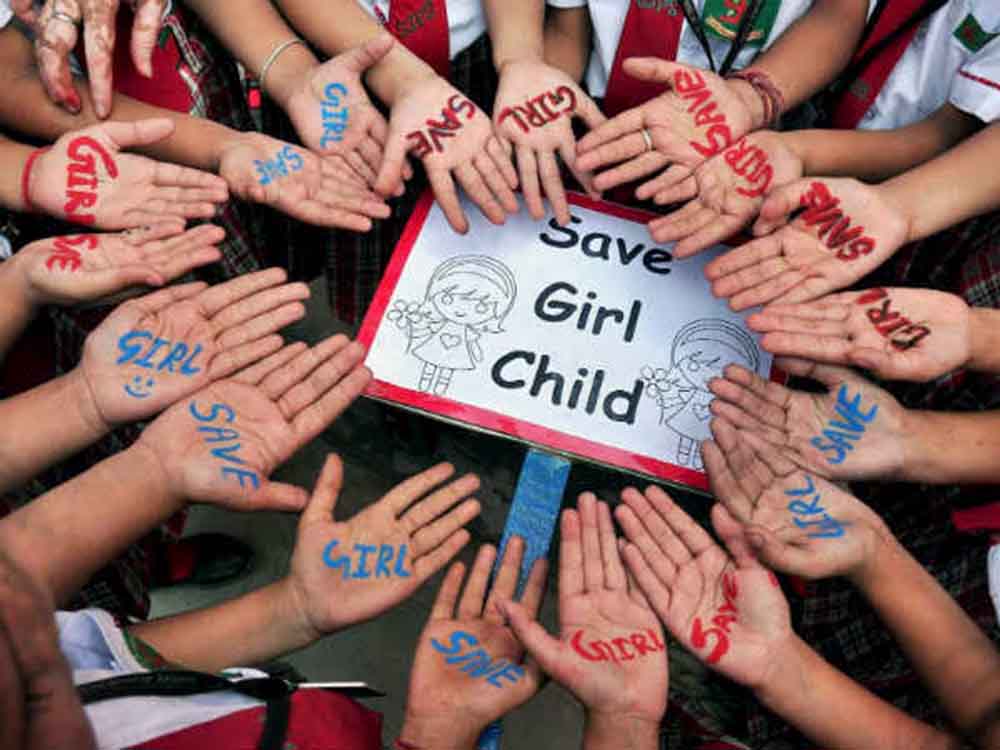
Right Against Female Foeticide
The government outlawed prenatal sex determination as the number of female foeticides—the death of a female foetus in the womb—rose to an all-time high. As a result, the sex of an unborn child cannot be determined until birth.
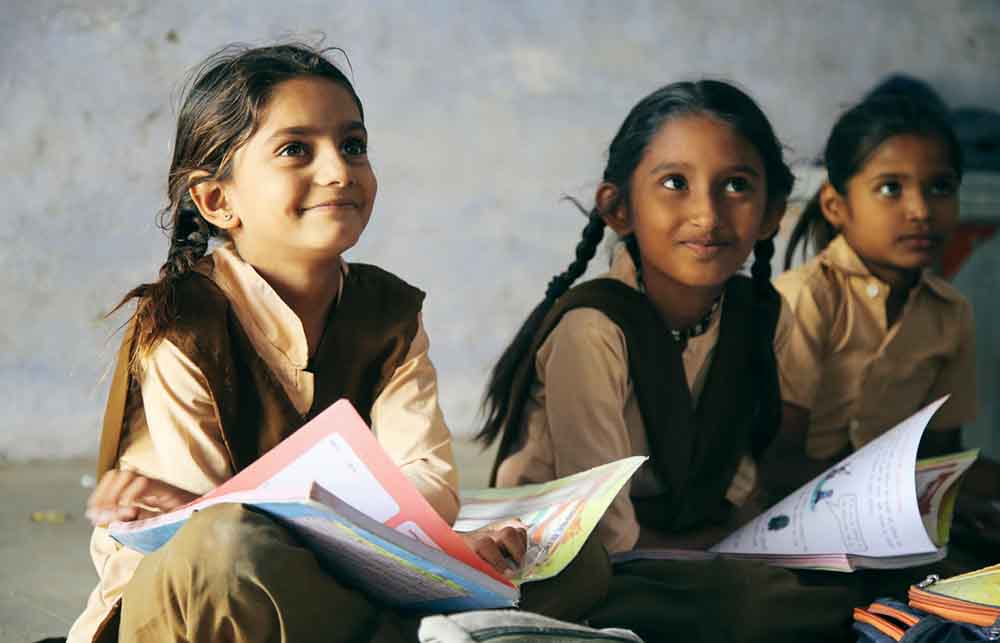
Right To Education
All children, including those with disabilities between the ages of 6 and 14, are entitled to free and compulsory education in India under the Right to Education Act. Every child, regardless of gender, is empowered by this. Unquestionably, children who are educated about their rights, grow up to be independent, enlightened adults who contribute to society. This extends beyond the classroom because education gives girls the skills they need to overcome social barriers, follow their dreams, and become agents of change.
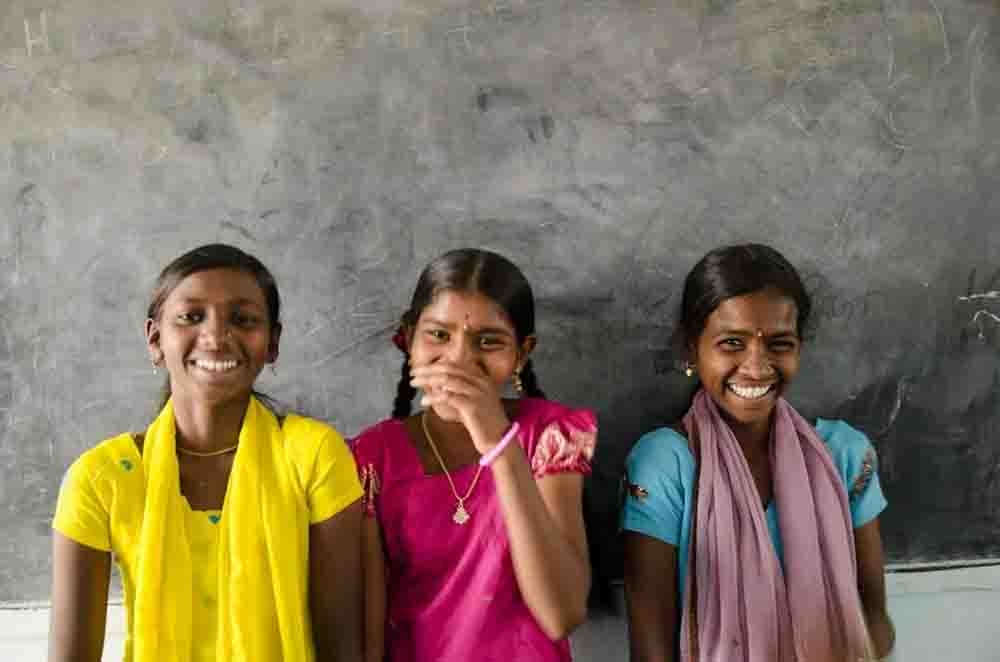
Right To Be Raised In A Safe Environment
Indian law places a strong emphasis on a girl child's right to a safe, caring environment, free from abuse and exploitation. Laws that prohibit child labour, human trafficking, and injury provide a buffer, creating an environment that supports healthy growth. In addition to being a legal need, the right to a secure environment is essential to developing strong, self-assured, and socially-conscious individuals who will influence the course of the country. It goes without saying that a child who has grown up in a secure and compassionate setting will be more open to innovative ideas, which will help her lead a progressive life.
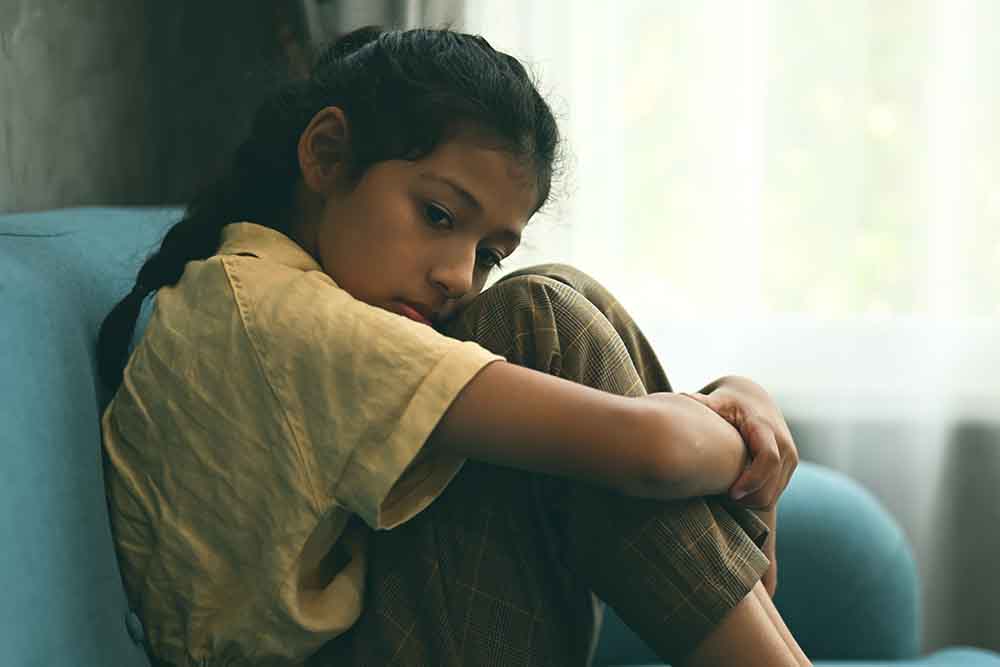
Right Against Abusive Family Members
Under the domestic violence act, females should be protected from any form of physical, emotional or financial abuse by family members. This extends to all family members that the female lives with, including her own parents, siblings, uncles, aunts, and so on.
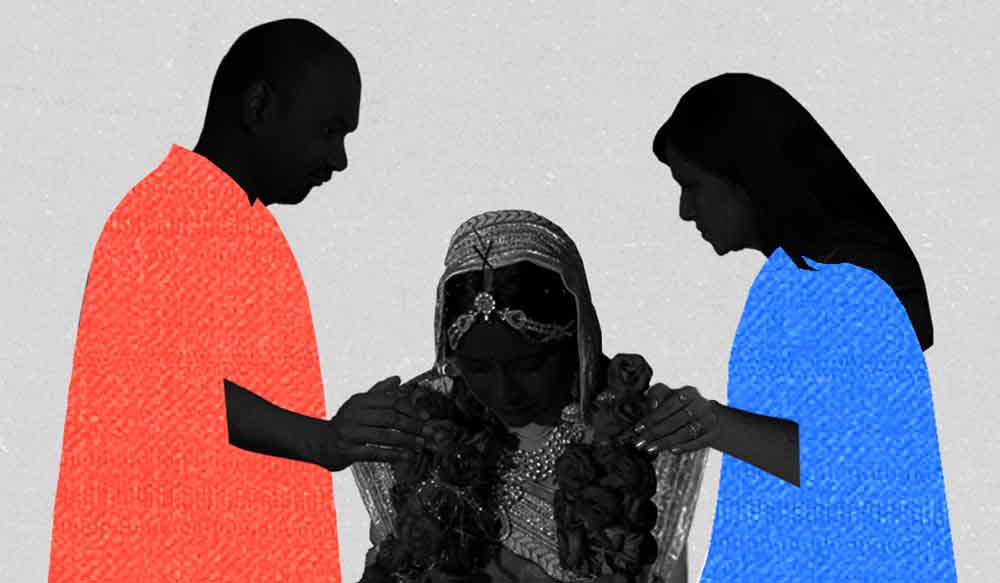
Right Against Child Marriage
One of the most important aspects of protecting the safety and dignity of girls is safeguarding them from sexual harassment. Strong measures against such acts are provided by laws like India's Protection of Children from Sexual acts (POCSO) Act. It is every citizen's concern to ensure that a sense of safety and justice is established among the populace when horrible crimes against children are reported and the offenders are held accountable.
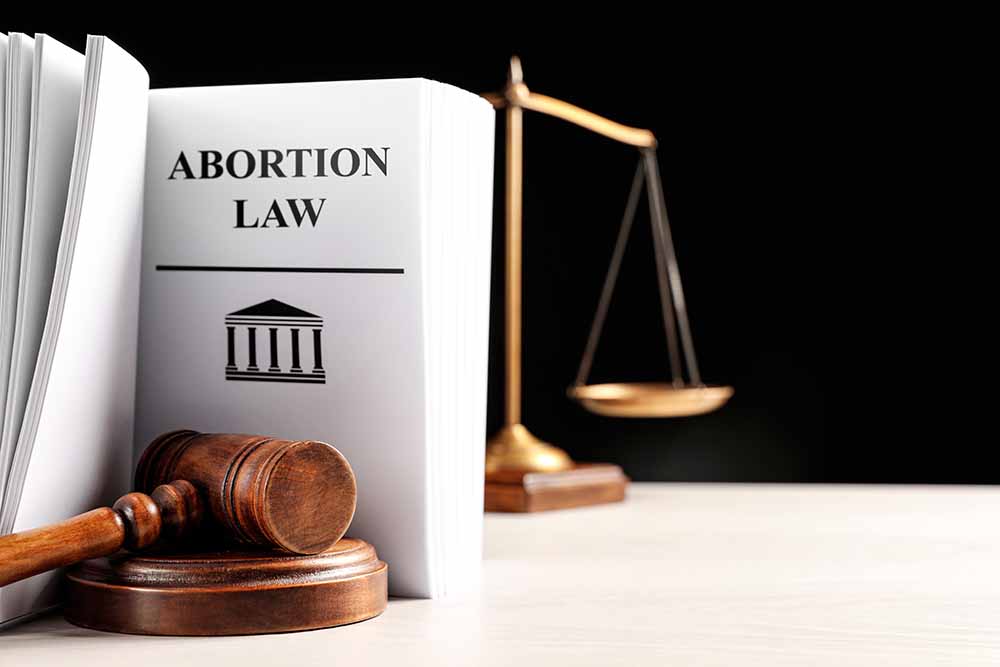
Right To Abortion
Abortion is a female child's right to end an unintended pregnancy. Under the Medical Termination Of Pregnancy Act, 1971, a minor girl has the right to terminate an unwanted pregnancy with the written consent of her guardian. However, abortion is only allowed in certain situations, such as when the pregnancy is ‘likely to cause injury to the pregnant women's physical or mental health.’
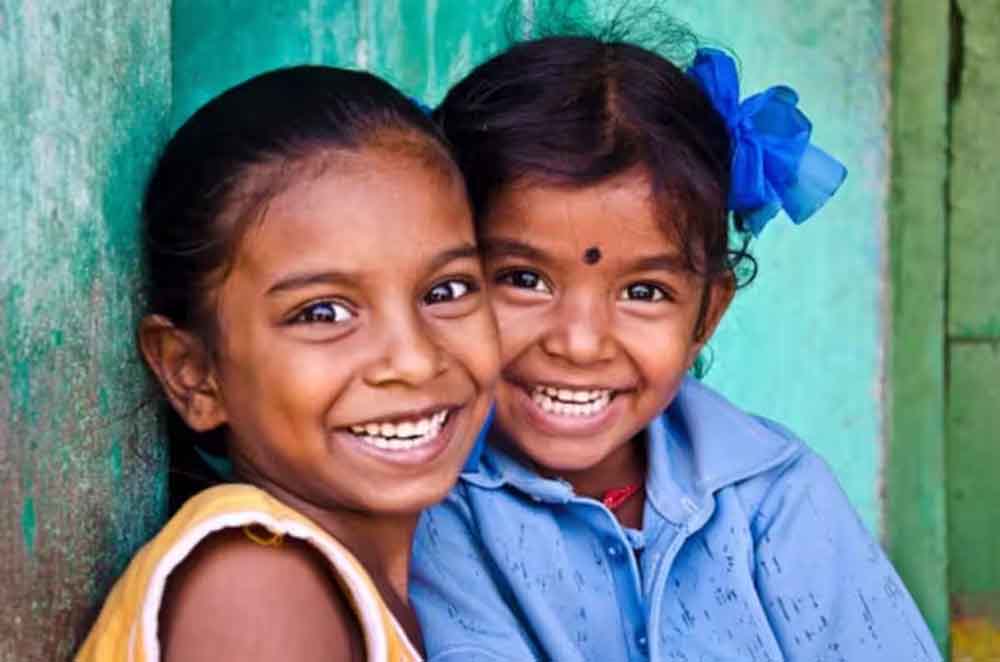
Right To Healthcare
It is essential that everyone has access to healthcare services. In order to reduce infant mortality rates and promote a healthy society, India's legal system places a high priority on maternal and child healthcare. This right is a social investment in the welfare of future generations, not merely a medical necessity. Additionally, families belonging to lower income groups can concentrate on investing more in their girl child's education and other necessities when they receive high-quality healthcare for little to no cost.
Right To Equality
Gender equality is upheld by Indian law. In order to ensure equal opportunities for all children and foster an inclusive society, the Indian judiciary has developed provisions to execute regulations that forbid gender discrimination. This right is the cornerstone for breaking down gender stereotypes and creating an atmosphere where girls are seen as equal contributors to the advancement of the country. By establishing the values of equality early on, we not only boost girls' self-esteem but also educate future generations to respect people regardless of their gender.
Right To Development
In order to empower girls and advance society, holistic development—which includes skill development, education, and nutrition—is essential. Beyond providing for basic necessities, Indian laws place a strong emphasis on developing talent and potential in order to bring out the best in our nation’s young girls. By creating opportunities for growth, we not only uphold the rights of Indian girls but also invest in a generation that will spur innovation, support economic expansion, and influence the course of the country. Girls have demonstrated that they as capable as boys, if not more, in advancing society when given equal possibilities for development.
Right To Protection
With India's legal system offering strict safeguards against crimes like child trafficking and forced labour, protection from exploitation, abuse, and neglect is crucial. This right serves as the cornerstone of a safe, supportive environment where a girl child can develop and flourish fearlessly.
Image source: Smile foundation, Cry, ABP Live, Asianet news